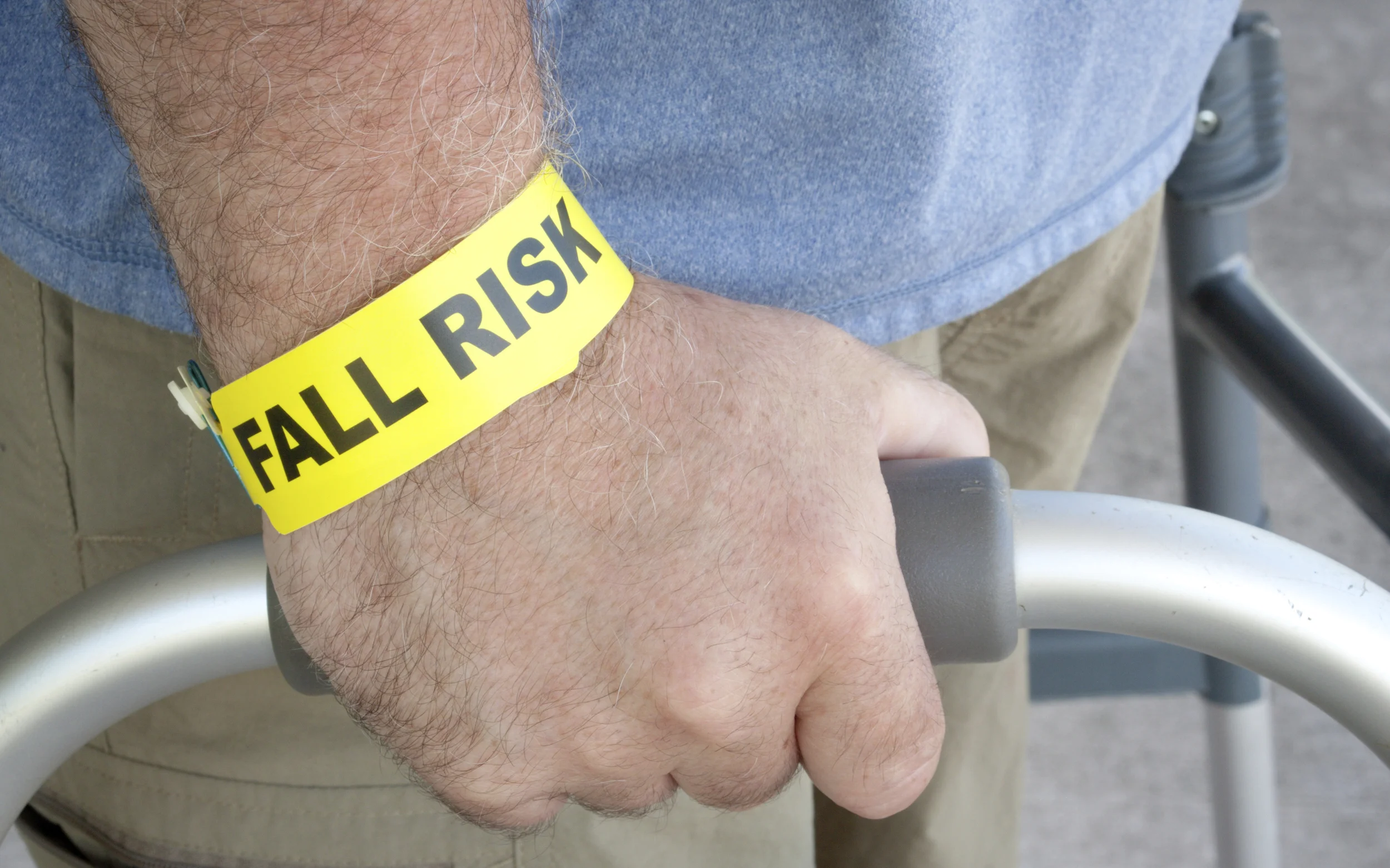How to Prevent Falls for Seniors and the Elderly
/How to Prevent Falls for Seniors and the Elderly
If you’ve had a fall in your advanced years, you know how much damage a fall can do and how much it can disrupt your life. Gone are the days when we bounce back like a toddler who has taken a tumble. For seniors and the elderly, falls can have life-altering consequences. In fact, according to the National Council on Aging, falls are the leading cause of fatal and non-fatal injuries for older Americans.
The good news is that falls are not an inevitable part of life. By making a few practical lifestyle adjustments, you can decrease your risk of falling without even limiting your activities and social engagements. Take a look below at our tips for how to prevent falls for seniors and the elderly.
Tip #1: Keep your vision sharp
Impaired eyesight, poor vision, and age-related conditions can weaken depth perception, visual acuity, and peripheral vision, all of which can lead to falls inside and outside the home. It’s important to have your eyes checked by a doctor every year and to adjust lens prescriptions as needed. Additionally, inside your home, you may want to apply contrasting color strips to your steps to help with decreased depth perception.
Tip #2: Review your medications
Some medications may cause dizziness or drowsiness or other side effects that make falls more likely. Talk to your doctor about the medications and supplements you take. You may need to change or wean off of some prescriptions in order to reduce side effects that affect your balance.
Tip #3: Stay active
Exercise, such as walking, yoga, and swimming, can help improve your balance, coordination, strength, and flexibility. A physical therapist can also provide you with an exercise program that does the same. The stronger, more coordinated, and more flexible you are, the lower your risk of falling.
Tip #4: Make lighting a priority
No matter how good your eyes are, and no matter how strong your muscles, if you’re navigating through poorly lit areas of your home, you’re going to be more likely to misstep or trip over something. Keeping your home well lit will go a long way toward preventing falls. Place nightlights in the bedroom, bathroom, and hallways.
Tip #5: Hazard-proof your home
Remove small throw rugs and anything cluttering the walkways. This includes boxes, papers, electrical cords, and other items that may cause you to trip. Store your clothing and other daily necessities in easy-to-reach places. Clean up all spills right away. Install handrails or repair faulty rails in stairways. Use non-slip mats in bathtubs and showers.
Tip #6: Wear the right shoes
Although your slippers may be cozy and comfortable, it’s best to wear shoes inside your home to help prevent slipping and falling. High-heels or slick-soled shoes should also be avoided. Opt instead for sturdy, well made shoes that fit properly and have traction on the soles.
Tip #7: Use assistive devices
Support rails in the bathroom, raised toilet seats, shower chairs, walkers, canes, hand rails along staircases, and any number of assistive devices can help you maintain your independence and stay safe at the same time. Talk to your doctor about which options may be best for you.
Short Term Nursing Care
We’re here for you. At Bella Vista Health Center in San Diego, we provide skilled nursing care in a safe environment where you’ll find the support you need to live your best life. The way we see it, asking for help when you need it is one of the bravest things a person can do. And our staff is here, happy to help, whenever you’re ready.
If you’d like to come by and visit us in Lemon Grove, we’d welcome you any time. Just give us a call or drop by. We know you’ll love what you find here.











